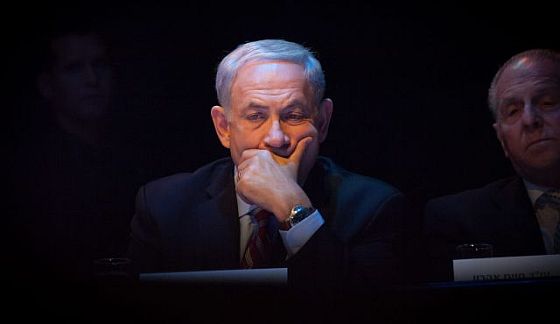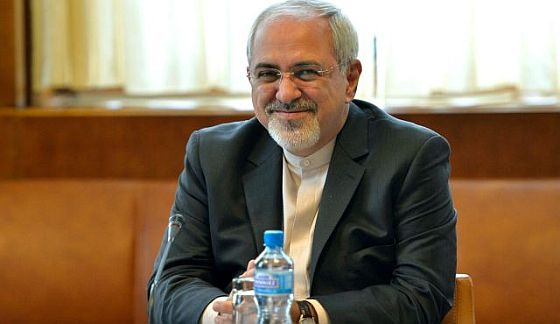Haaretz reports: Prime Minister Benjamin Netanyahu said Sunday that the interim agreement reached hours prior between Iran and six world powers in Geneva over the prior’s nuclear program endangered Israel, calling the deal a “historic mistake.”
“What was achieved last night in Geneva is not a historic agreement; it is a historic mistake,” he said. “Today the world has become a much more dangerous place because the most dangerous regime in the world has taken a significant step toward attaining the most dangerous weapon in the world.”
“This agreement and what it means endanger many countries including, of course, Israel,” he said. “Israel is not bound by this agreement. The Iranian regime is committed to the destruction of Israel and Israel has the right and the obligation to defend itself, by itself, against any threat. As Prime Minister of Israel, I would like to make it clear: Israel will not allow Iran to develop a military nuclear capability.”
In his last-minute shuttle diplomacy, Benjamin Netanyahu made his entreaties to all the world powers begging them not to make a “bad deal” with Iran. He was politely received and then duly ignored.
Well, ignored might be an overstatement since for the last decade Israel has been instrumental in pushing Iran to the top of the international agenda when, absent that pressure, the world could have been attending to much more urgent and truly global issues.
At a time when the diplomatic momentum was clearly not moving in Netanyahu’s favor, one might ask: why did he not back down from his maximalist demand on zero enrichment and find a way of offering qualified support for this emerging nuclear accord? Why hold on to a set of conditions that Iran would find impossible to accept?
The reason is that Netanyahu’s goal has never been for the nuclear issue to be resolved. It’s political value resides wholly in this remaining an unresolved issue and in Israel’s ability to cast Iran as a perpetual threat. For Netanyahu, any deal is a bad deal because absent an Iranian threat, Israel will find itself under increasing pressure to address the Palestinian issue.
If, as now seems genuinely possible, a permanent nuclear accord is reached with Iran, this will diminish the risk of a major regional war. The risk of a local war — most likely with Lebanon — will, however, increase for as long as Israel is governed by warmongers who prefer to drum up external threats rather than attempt to get their own house in order.


